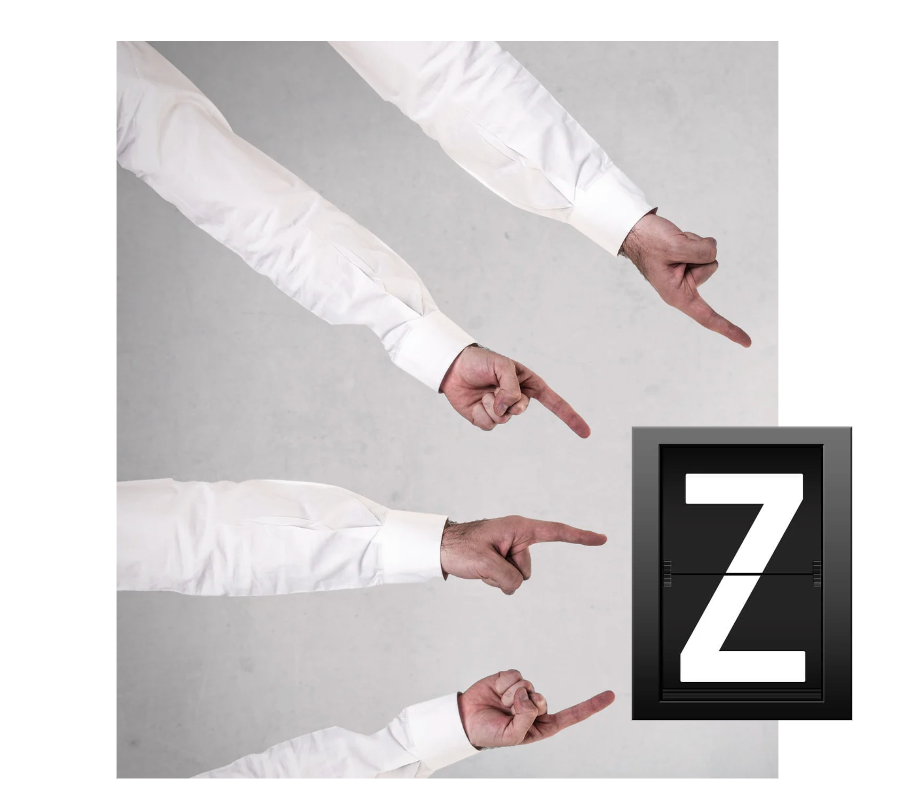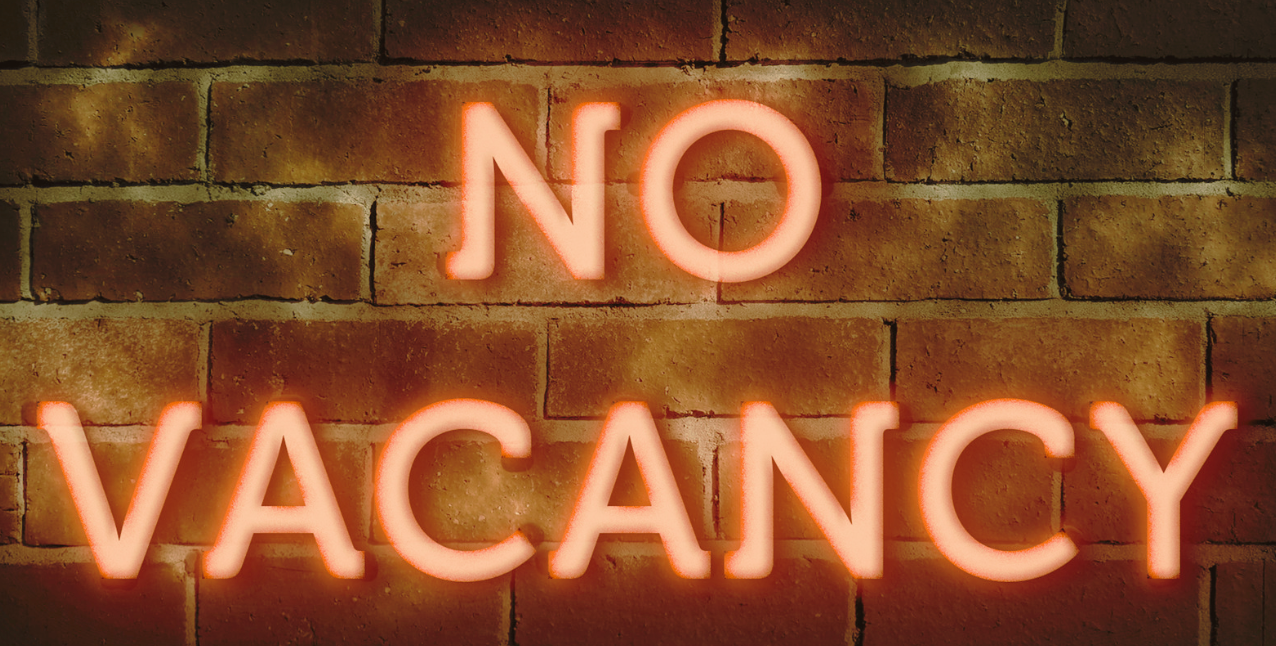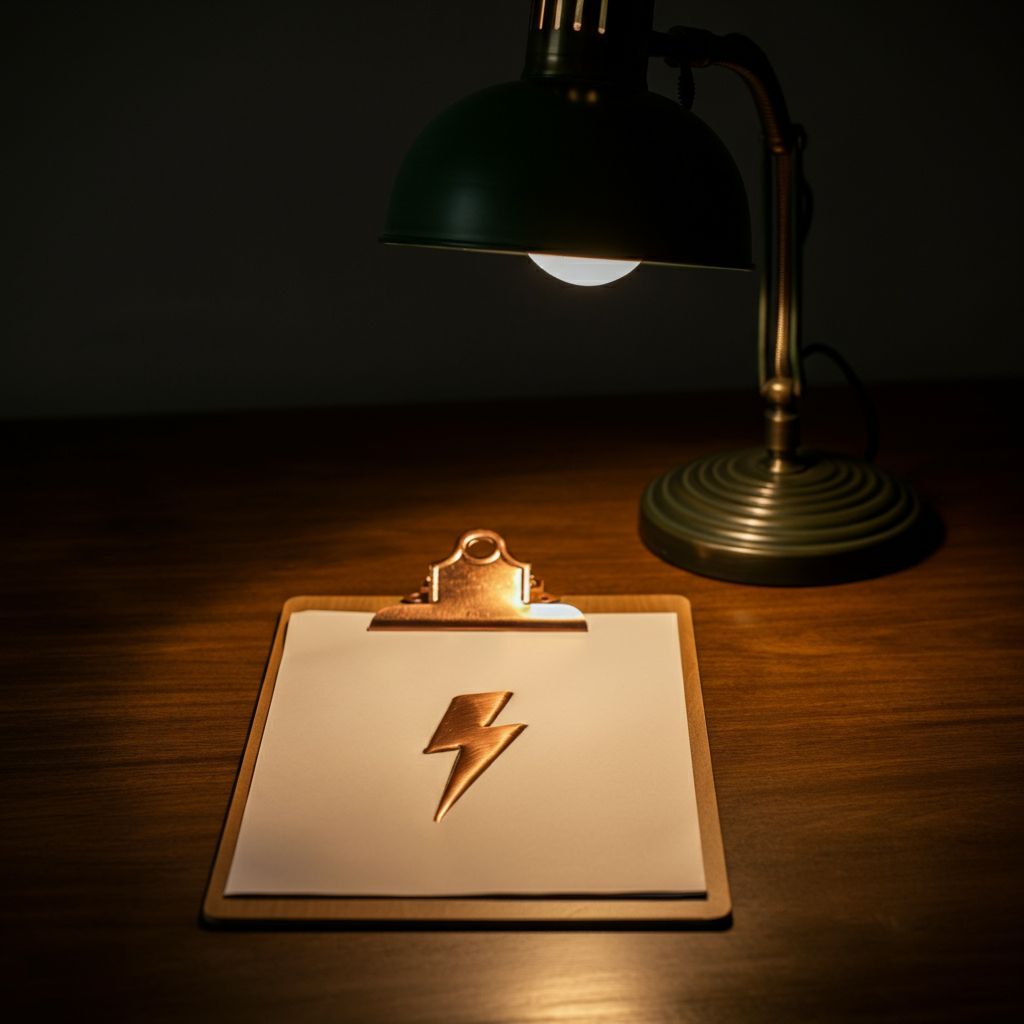Must-Know Advice on Creating Your Book Proposal: What It’s Really Like to Write a Book (Part III)
I know, I just left you hanging. Right in the middle of finding an agent. That was horrible of me. Apologies for the delay, dear readers—the end of this crazy semester took hold and I have had to dig out of piles of grading. I’m back now with the (much anticipated?) part III of What It’s Really Like to Write a Book. This is the one where I promise to share Must-Know Advice on creating your book proposal.
When I last left you, I had submitted my query to BookEnds Literary in hopes of finding an agent. (with a bit of a wish and a prayer), a message popped up on my screen: please allow 6-8 weeks for a response.
Hurry Up and…Wait?
Oh. Well then. If I had 6-8 weeks to wait, there were plenty of other things to do in the meantime. I reached out to my co-authors (who deserve a blog post all their own, but just know they are brilliant and Millennial, and I love them) to tell them I had sent the query to Jessica. Being rational, they asked if I was planning on contacting any other agents while I waited to hear back. “No,” I said. “This is the agent I want. I have a good feeling. If she passes, I promise I will keep looking.”
The next morning when I woke up, I looked bleary-eyed at my phone as I checked my email, and then shot out of bed shrieking. While one should allow 6-8 weeks for a response, in this particular case I had received an email back from Jessica prior to 7 am the very next day. She said she was interested in looking at the proposal. The proposal…that I hadn’t exactly written yet.
Go time.
And that, dear blog readers, is the definition of motivation. I was NOT going to keep Jessica waiting, and I was not going to send her something that was not Excellent. Using the detailed outline I had submitted as my guide, I went to work. A non-fiction proposal is usually about 3 chapters long. And to make things even more interesting, usually, the agent or publisher wants the first two chapters and then a later chapter, just to get a sense of the different parts of the book. Writing three non-chronological chapters is a challenging exercise. You have to not only share your ideas and expertise, you have to develop a unique voice that captures how you want to narrate them. Is it matter-of-fact and straightforward? Full of fascinating stories? Witty and entertaining? Are YOU witty and entertaining? (If not, someone during this process will be sure to tell you this).
The outline and the proposal are also the time when you have to sort out all the pieces you want to include and decide how the book should be structured in order to flow well and make sense as a whole. That sounds great, doesn’t it? Except for my brain really does not work that way. I have a bit of mad scientist meets storyteller’s brain. It never shuts off and it most definitely does not think in straight lines. This is just one of many reasons I sought out a strong co-author team–one that thinks in a more organized way than I do.

In fact, I found the entire outline and initial proposal phase to be the most challenging of the entire book.
I did submit the proposal to Jessica within a week of her request, and just a few days later, while riding in the car heading back to visit family in Iowa, I received The Call. Jessica thought there was something there, something worth pursuing and strengthening. She warned that there would be a lot of work to do, and a lot of things would need to change to get the proposal where it needed to be. If I was willing to work hard, she said, she wanted to offer to represent me. And I, dear readers, am ALWAYS willing to work hard. So with that, I immediately accepted her offer. I hung up the phone, now an officially represented author with my very own literary agent.
I know it’s not always that quick, or that easy. Here’s what I learned during this early stage, when the ideas for the book needed to move from my head to paper, and the stakes were high to get it right. This is your chance to convince people who have the power to help your book see the light of day that you have something important to say.
Must-Know Advice on Creating Your Book Proposal
For those of you still currently in the trenches, here are some key lessons learned on writing the initial proposal (note I said initial, as the proposal you pitch to the agent will not be the one that gets pitched to publishers. I didn’t know that. I definitely know that now. And that’s a whole other story):
- You have to passionately feel you have something important to say. If you are even remotely ambivalent about what you are writing about, you should just stop now. Writing a book was the hardest thing I have ever done, and it was worth every second—but you have to want your ideas out in the world more than you want things like sleep and sanity.
- The book you write is both Yours and Not Really Yours. As you go, you invite people into the process that are not there to pat you on the back and rubber stamp your efforts. The art of publishing a book takes a tribe. For us, it was our amazing editor Kathleen, Agent Jessica, several friendly readers (three people close to us who we knew were both brilliant and willing to be blunt), and eventually—our publishing team.
- You will be pushed beyond what you expect, so make sure you trust those you invite onto your team. I had envisioned a literary agent to be someone who would take your book and hopefully sell it to the right publisher. That is accurate, but that’s about step 12 in the process of working with a good agent. Steps 1-11 involve that agent doing everything she can to make sure you shape and polish your ideas and writing to create the absolute strongest proposal possible.
Want to see the result of this long process? Check out our book Gentelligence: The Revolutionary Approach to Leading an Intergenerational Workforce, available now for pre-order on Amazon.













